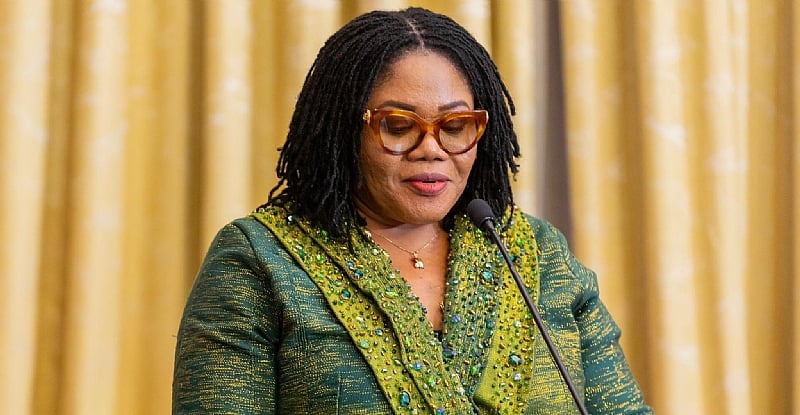The Ministry of Gender, Children and Social Protection in Ghana is actively addressing the complex and deeply rooted issue of witchcraft accusations, which continue to plague certain communities and inflict immense suffering on those targeted. As part of its multifaceted approach, the Ministry is providing crucial financial aid to victims of these accusations, offering a lifeline to individuals ostracized and marginalized by their communities. Currently, 813 individuals, both men and women, branded as witches or wizards, are receiving bi-monthly cash grants through the Livelihoods Empowerment Against Poverty (LEAP) program. This initiative aims to alleviate the immediate financial hardships faced by those accused, many of whom lose their homes, families, and livelihoods as a direct consequence of the accusations.
Beyond immediate financial relief, the Ministry recognizes the urgent need to address the underlying social and cultural beliefs that perpetuate witchcraft accusations. To this end, it has embarked on a series of sensitization campaigns targeting communities where these accusations are prevalent. These campaigns aim to educate and inform, dispelling harmful superstitions and promoting a more rational and compassionate understanding of human behavior. The Ministry is working to foster a climate of respect and understanding, emphasizing the importance of human dignity and the protection of vulnerable individuals.
The Ministry’s proactive approach also extends to advocating for legislative changes to criminalize the practice of witchcraft accusations and the activities of those who profit from these harmful beliefs. A formal position paper has been submitted to amend the Criminal Offences Act of 1960 (Act 29), specifically targeting witch doctors and witch-finders, those who often fuel the flames of fear and suspicion within communities. This proposed amendment seeks to hold these individuals accountable for their role in perpetuating the cycle of accusations and violence against those falsely accused.
The collaborative nature of this endeavor is crucial. The Ministry has formally appealed to the Attorney-General and Minister of Justice to champion the proposed legislative changes. Recognizing the importance of broad-based support, the Ministry has also appealed for bipartisan collaboration within the House to ensure the successful passage of the amendment. This legal framework is seen as a vital step towards creating a society where such accusations are not only socially unacceptable but also legally punishable.
Furthermore, the Ministry emphasizes the importance of legal recourse for victims of witchcraft accusations. Individuals who have been stigmatized and ostracized are encouraged to seek legal redress to restore their fundamental rights and dignity. This includes pursuing legal action against those who have made false accusations, spread harmful rumors, or incited violence against them. By empowering victims to seek justice, the Ministry aims to break the cycle of impunity and deter future accusations.
The Ministry’s multifaceted approach underscores the complex nature of dealing with deeply ingrained cultural beliefs. It combines immediate practical support with long-term strategies for social change, working towards a future where accusations of witchcraft are eradicated. The Ministry’s plea to all citizens to desist from accusing others of witchcraft is a crucial part of this effort, emphasizing the importance of individual responsibility in creating a more just and compassionate society. The hope is that through education, legislative reform, and community engagement, Ghana can move towards a future where such accusations are relics of the past.


